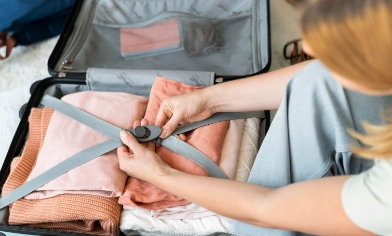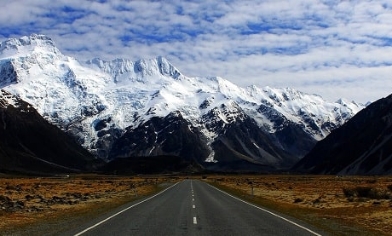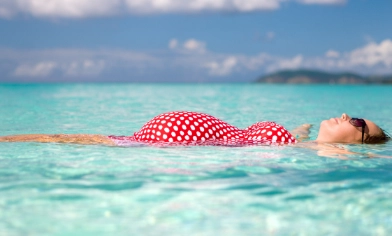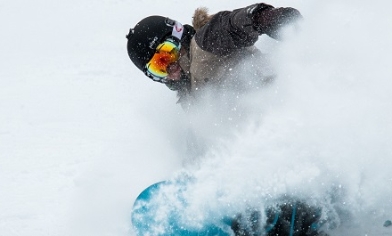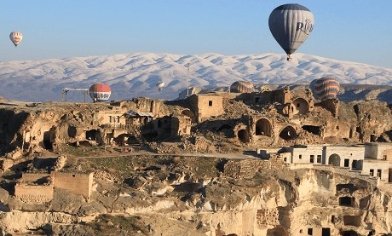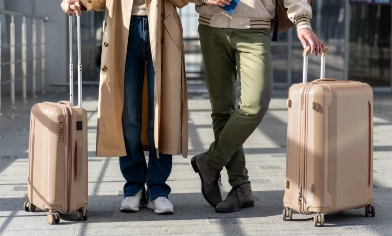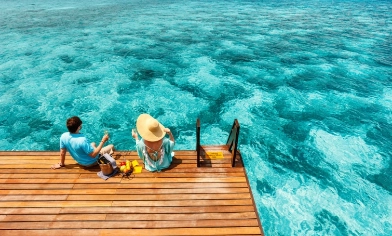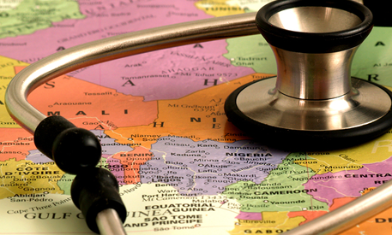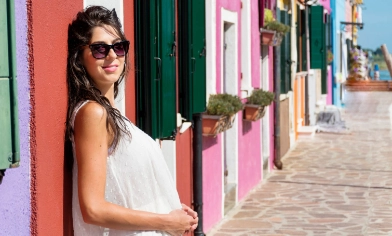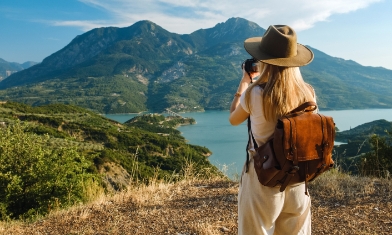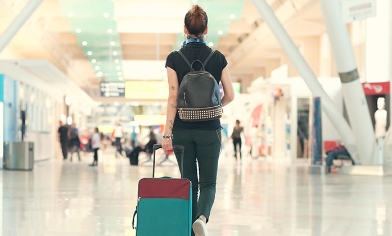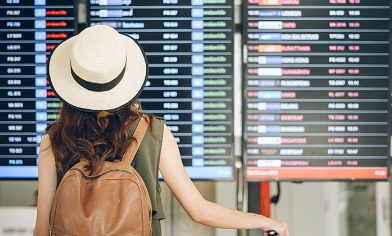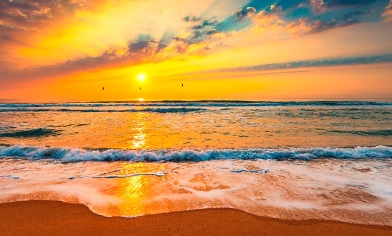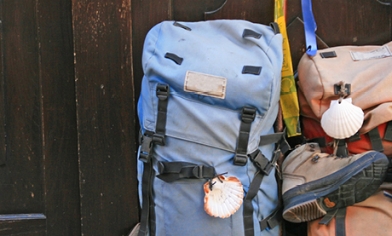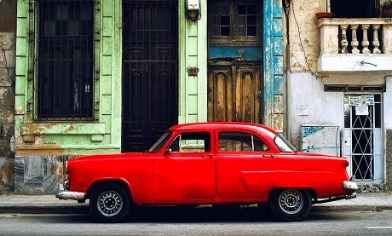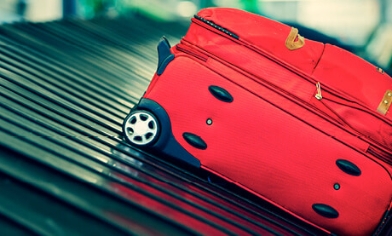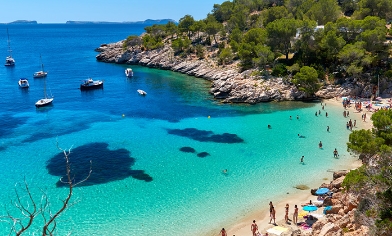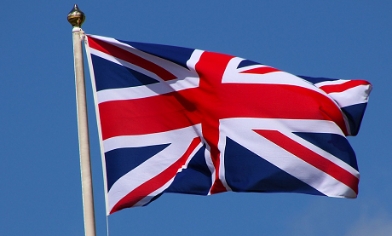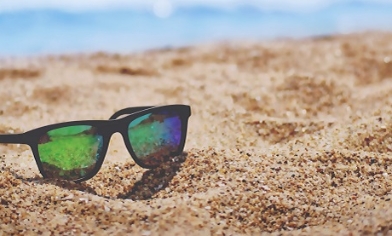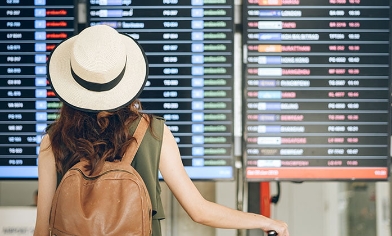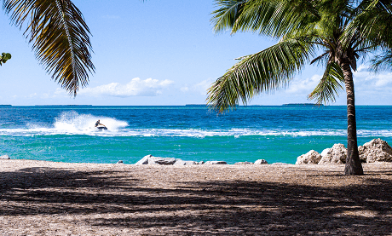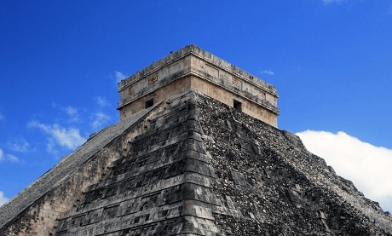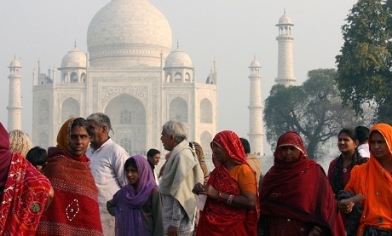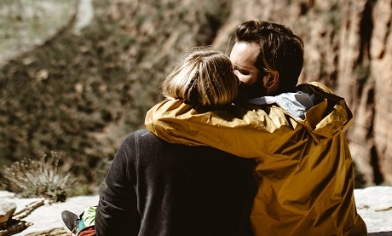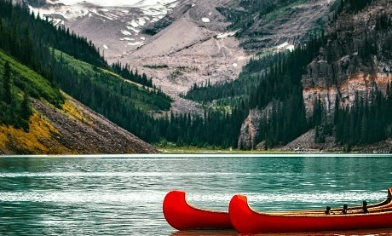Where are the best winter sport destinations?
It can be overwhelming deciding which destination to travel to for your winter sports holiday, but we are here to ‘Alp’ you.
In our survey, Western Europe emerged as the most popular destination for winter sports. A third (33%) chose the region as their favourite destination. North America came second (16%), followed by East Europe (16%), Asia (14%), Oceania (9%) and Latin America (7%).
25–34-year-olds are the most likely to head to Western Europe (37%) for winter sports. 35–44-year-olds were most likely to enjoy trips to North America (21%). And 16–24-year-olds were most likely to take their winter holidays in Eastern Europe (21%) and Asia (26%).
Our top winter sports list
At the time of our survey, the winter sports activities the nation looked most likely to take up this winter were:
- Skiing
- Snowboarding
- Snowmobiling
- Tobogganing
- Snowblading
- Kick sledging
- Airboarding
- Mono-skiing
- Nordic skiing
- Mogul skiing
While these winter activities are heaps of fun, they are extreme sports – which means the risk of an accident or injury is higher than on your typical getaway. Nearly half (47%) of those who’d taken a winter holiday previously ended up injured. These injuries ranged from bruises and blisters to broken legs and fractured collar bones.
There is also a risk of damage to – and loss or theft of – the expensive equipment needed to participate in winter activities. You may also need to consider gadget cover for items like phones, drones or GoPros that may be more likely to get lost, stolen or damaged on the slopes.
Get travel insurance for winter sports
Despite the risks involved, many fail to buy sufficient winter sports cover – with a third of those who got injured reporting they had insufficient travel insurance (32%).
Their main reasons for buying insufficient travel insurance for winter sports were:
- They simply didn’t think of it (26%)
- They didn’t believe they’d injure themselves (23%)
- They wrongly believing they’d be covered by the government, eg via Ehic or Ghic (23%)
- They didn’t want to pay extra for travel insurance (19%)
It’s essential to check your policy to make sure you and your family have the right cover, including any medical travel insurance you need.

Staying safe on and off the slopes
According to our respondents, most winter sports accidents happen getting on or off the ski lifts (25%). That’s followed by off-piste slopes (25%) and simply walking around the resort (24%).
Worryingly, 69% of those who have been injured on a winter holiday had consumed alcoholic drinks – with 41% having several. Our research found 17% were unaware that being under the influence of alcohol could invalidate their travel insurance.
It also emerged 24% were unaware they needed to wear safety equipment as part of their policy. Also concerning, just 30% say they buy or rent safety gear relevant to their winter sport regardless of their ability.
But it isn’t just alcohol and failure to wear safety equipment that could invalidate travel insurance. Many were unaware of the following conditions found in most standard annual multi-trip travel insurance and single-trip travel insurance packages:
- 21% didn’t know withholding previous medical issues could invalidate insurance
- 24% wrongly thought they’d still be covered while on illegal substances
- 18% didn’t know skiing in restricted regions invalidates insurance
- 18% hadn’t realised they may not be covered to take part in ski races
- 12% didn’t know they weren’t covered for injuries obtained off-piste
With great powder comes great responsibility
Check the terms and conditions of your policy and decide if you need any additional add-ons like ski holiday insurance. This will mean you’ll be far better prepared and protected for the unexpected should it all go downhill.
Also called 'winter sports cover,' it offers protection for a variety of snowbound activities. This can vary by provider, but may include off-piste skiing within resort boundaries and in recognised areas, lost, damaged or stolen ski equipment and piste closure.
In addition to ensuring winter travel insurance is sufficient, those who embark on winter holidays should employ other safeguards to minimise the risk of accidents. Only 34% do their homework to understand routes and maps and identify areas to avoid that are beyond their ability. In contrast, 32% seek guidance on their ability level and remain within their advised limits. And 31% choose not to challenge themselves beyond what they’re capable of.

What does the nation want from winter sports travel insurance?
Those looking to take out travel insurance with winter sports outlined the most important aspects they look for before buying:
- 29% said travel insurance with medical cover and repatriation (getting you home) is the most important feature
- 25% said the cost of the policy was the deciding factor for buying winter sport travel insurance
- 16% felt cover for flight delays or lost luggage was a top priority
- 16% looked to see what activities the policy covered
- 12% wanted to make sure the cover they bought was from a reputable travel insurance company
Just 12% said cover for public liability was the most important feature of winter sports travel insurance. This is despite the high-profile publicity around the Gwyneth Paltrow ski crash trial in 2023, highlighting the importance of having public liability cover should anyone accuse you of causing injury to them in the event of a ski slope collision.
The case saw the ‘Iron Man’ and ‘She Said’ actress accused of causing injuries to Terry Sanderson from reckless skiing – accusations she was vindicated of following the court case.
The cost of travel insurance for skiing is likely to be significantly lower than the expense of having to pay compensation should you be found legally liable for accidentally injuring someone or damaging their ski equipment. Depending on insurer, it may be simpler than expected to make a claim on your travel insurance.

Have we peaked your interest?
Around a quarter (26%) of the nation now prefer a wintery trip to sitting on a sun lounger for two weeks. This figure rises to 40% amongst Gen Z and millennials (16–44-year-olds).
It really is a winterful life for those who enjoy the cold season, with the top reasons given for going away as follows:
- The snow
- The mountain views
- Cosy cabins
- Fresh alpine air
- Wintery comfort food
- Hot tubs
- The daily exercise skiing and snowboarding offers
- Astronomy
- Winter festivals
- A hatred of summer heat
For many planning trips this year, it will be their first time heading for the mountains. Judging from our survey, some 62% of people in the UK have never gone skiing before.
If booking a winter sports trip is on your mind, the Post Office Travel Money Ski Report is a great place to start. It highlights the best value ski resorts in Europe based on the combined cost of items such as lift passes, equipment hire, tuition and refreshments for couples and families.

Key takeaways
- Many say they’ll be taking up winter sports this winter (39%)
- Get yourself a quote for travel insurance cover before booking
- Check your policies terms and conditions and levels of cover
- Know what may invalidate your policy e.g. drinking alcohol, skiing off-piste or failing to wear safety equipment
- Consider add-ons such as ski and winter sports travel insurance to ensure you’re covered
Always check the latest travel advice
Remember to check the latest Foreign, Commonwealth and Development Office (FCDO) travel advice for your destination regularly, as travelling against this advice may invalidate your holiday insurance.







